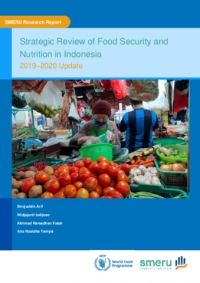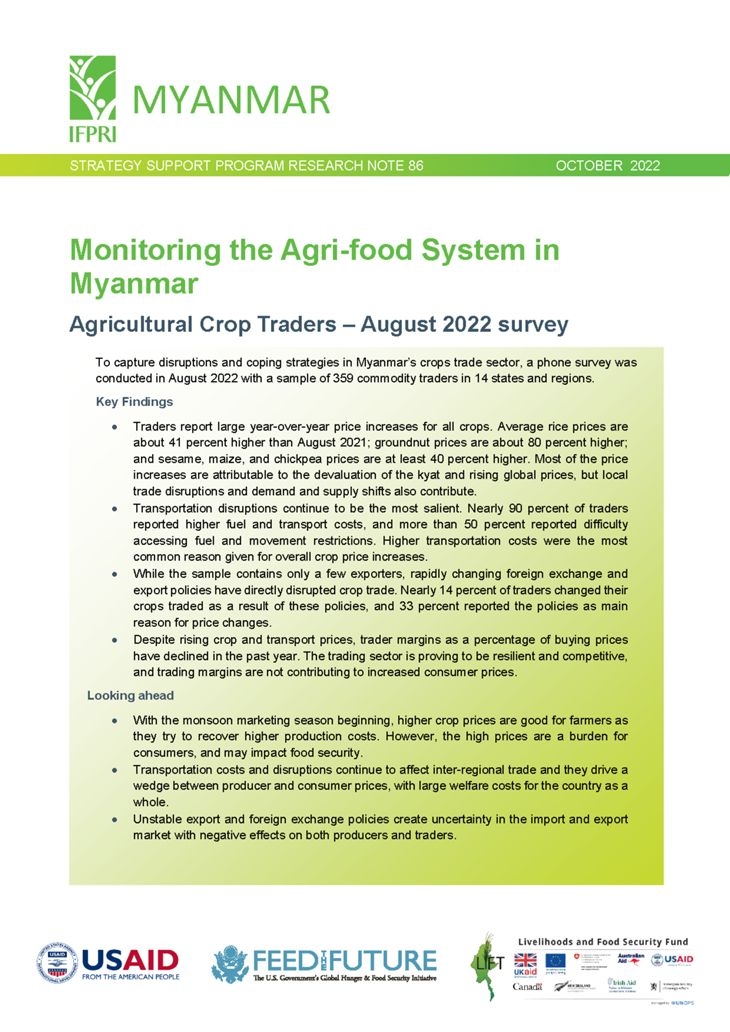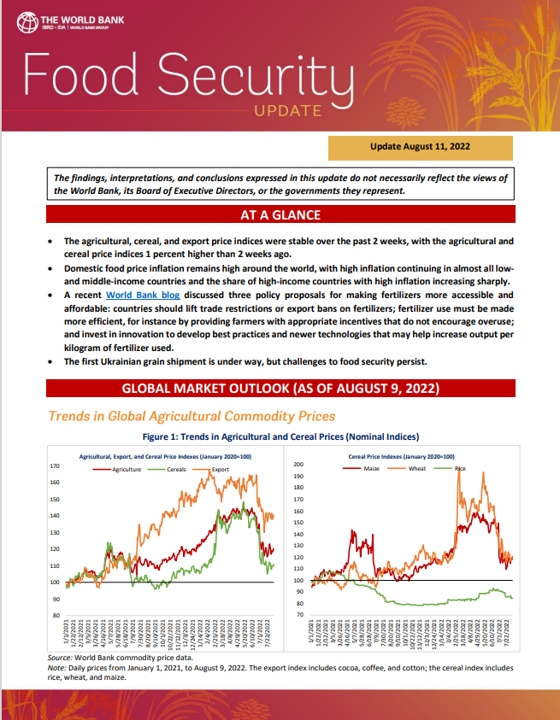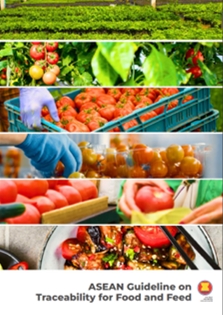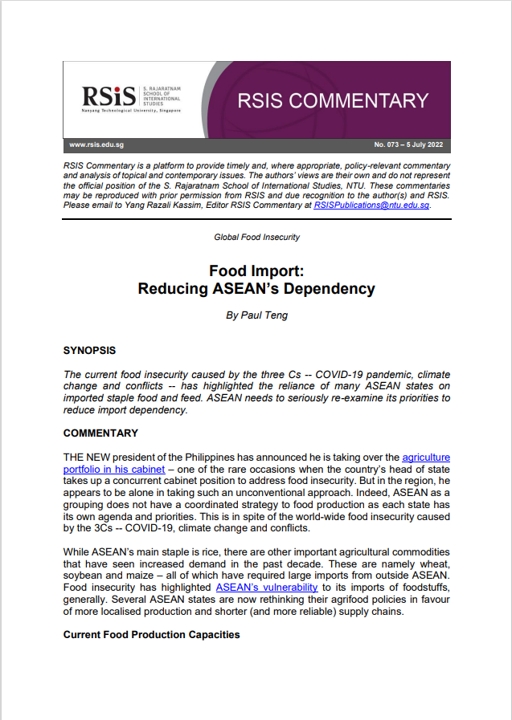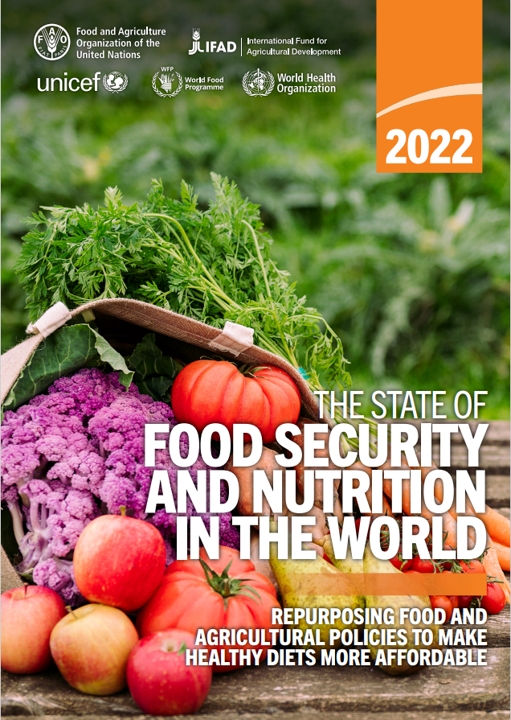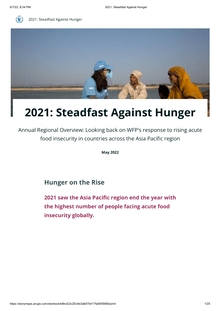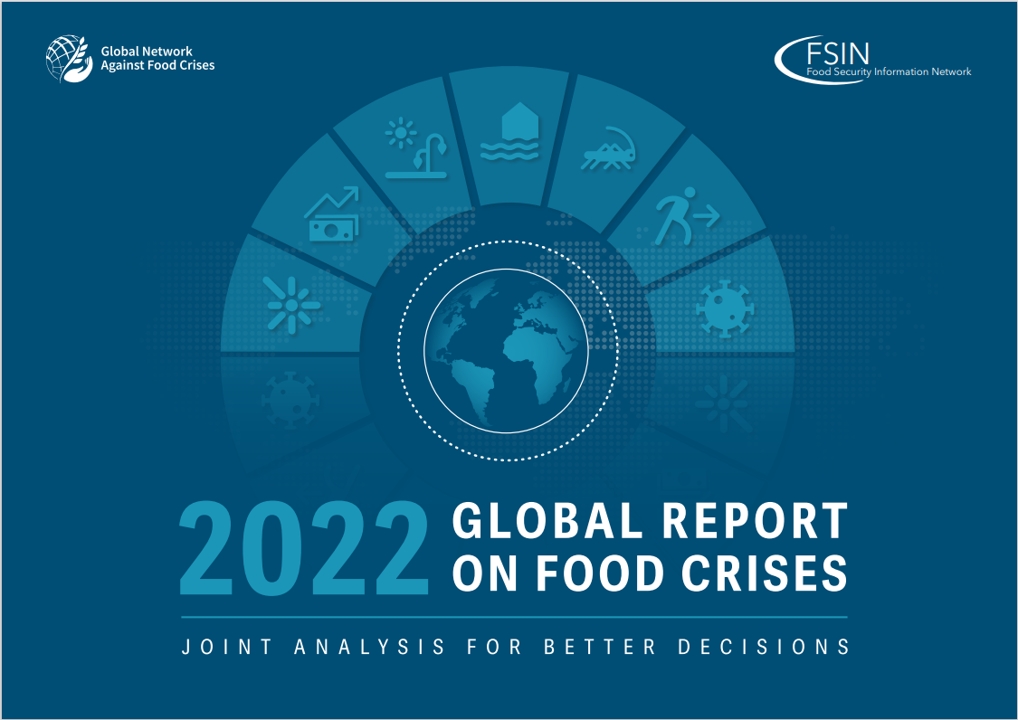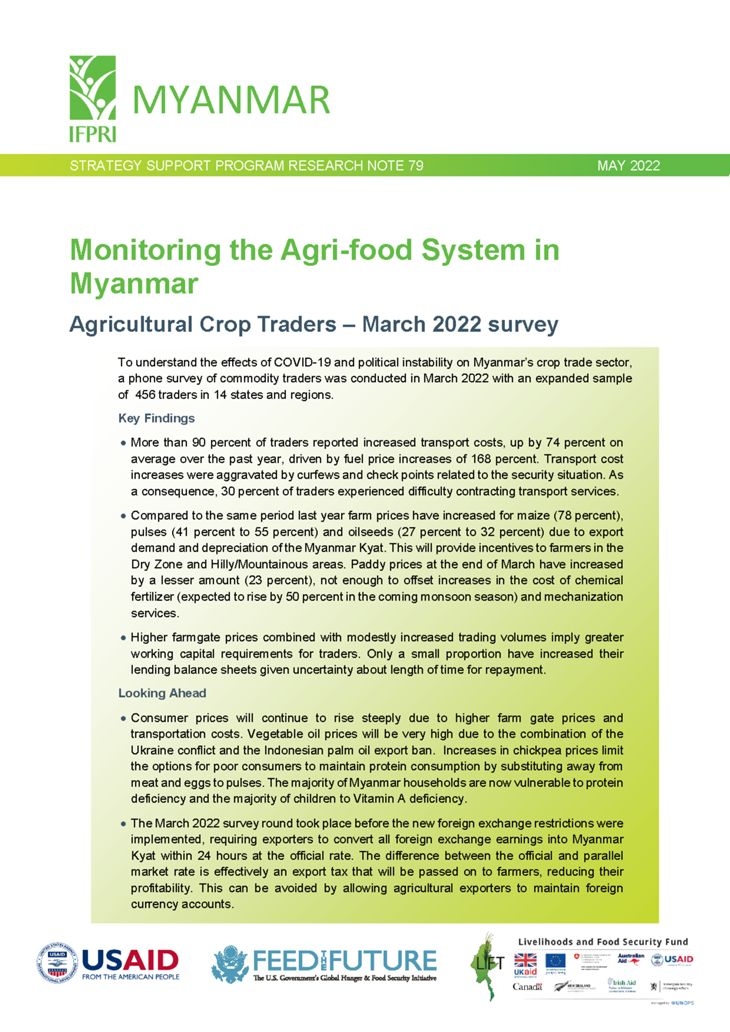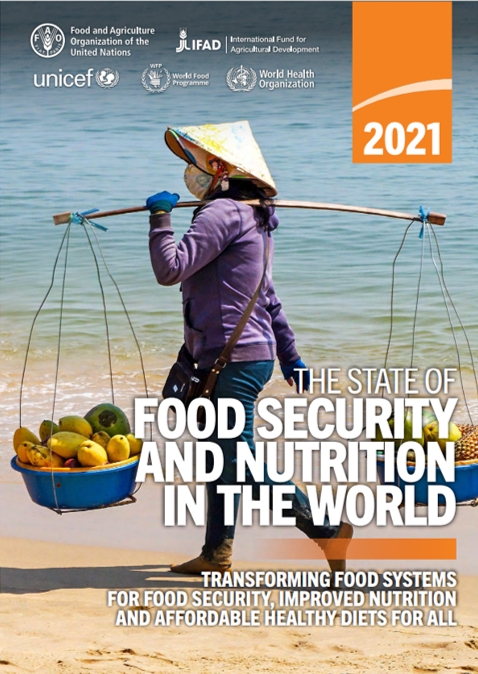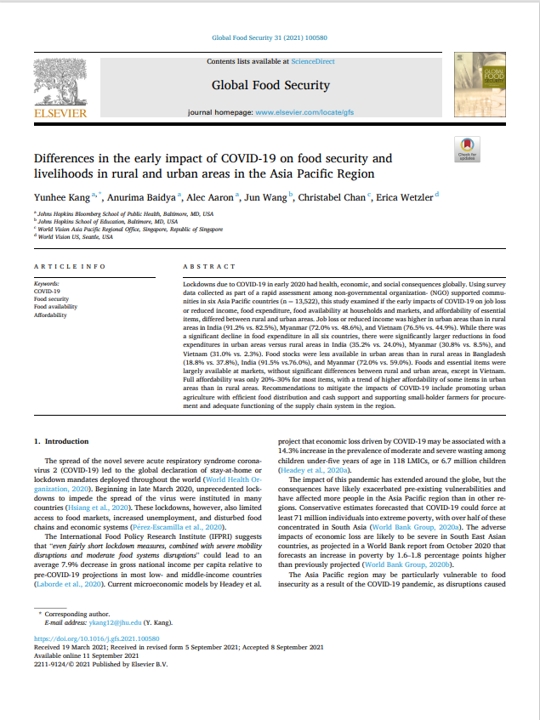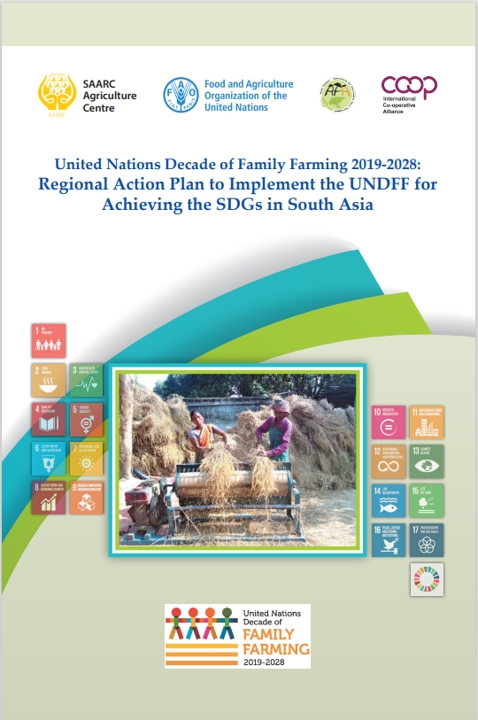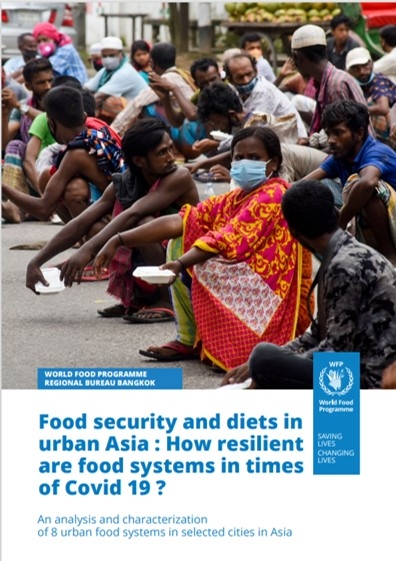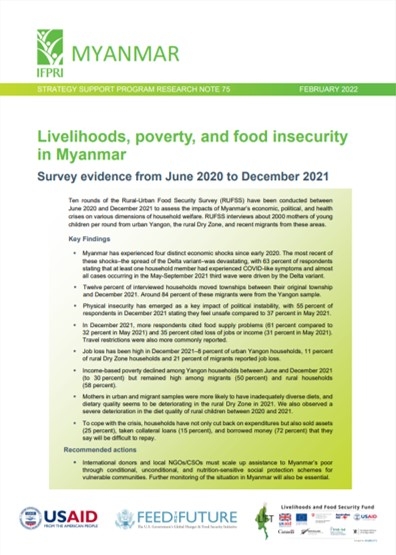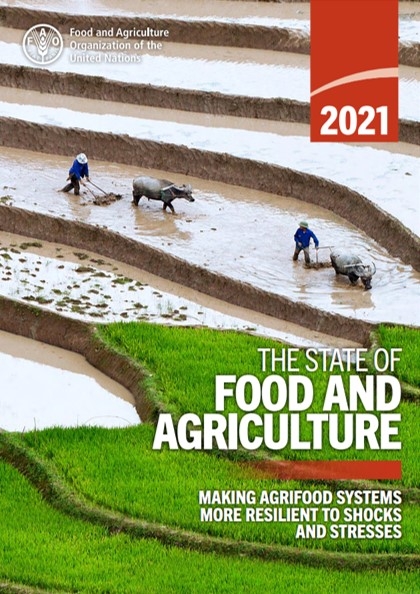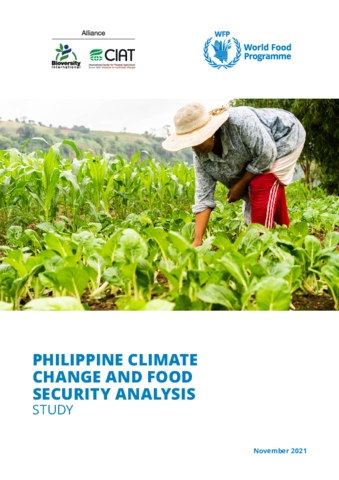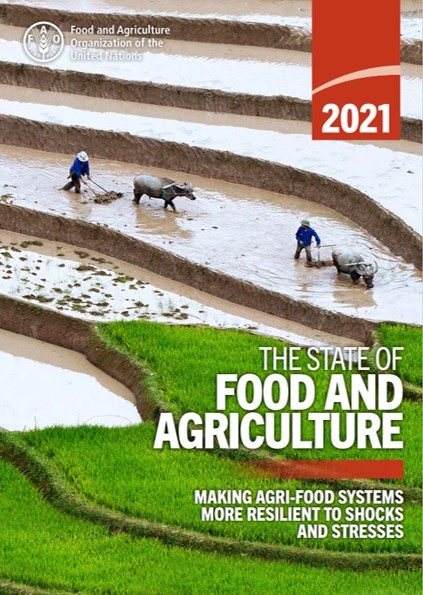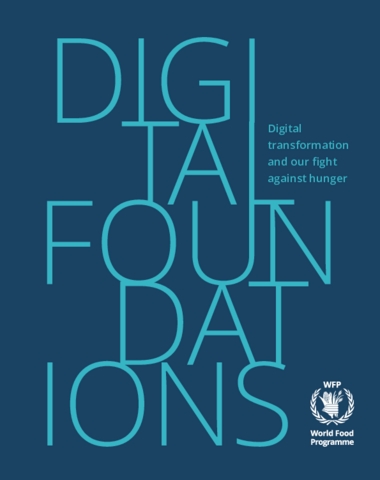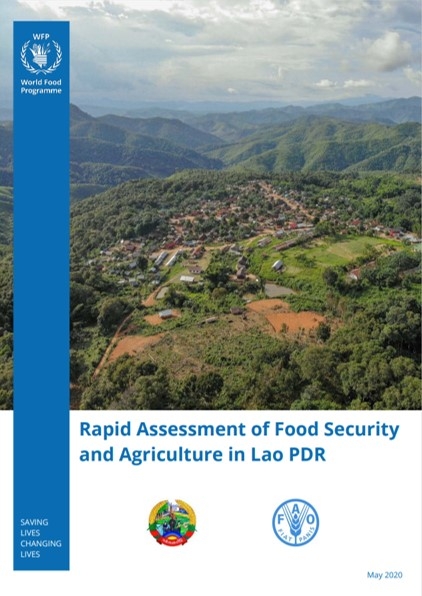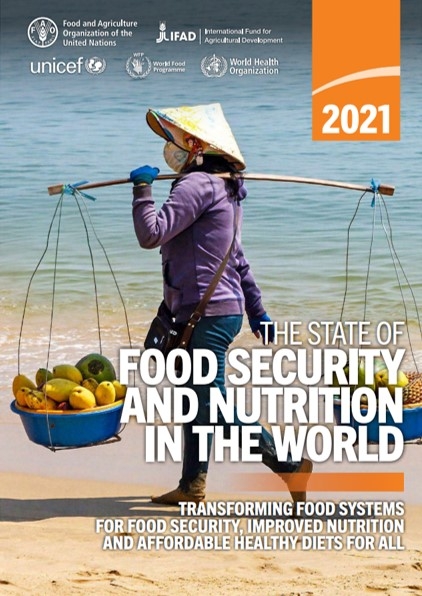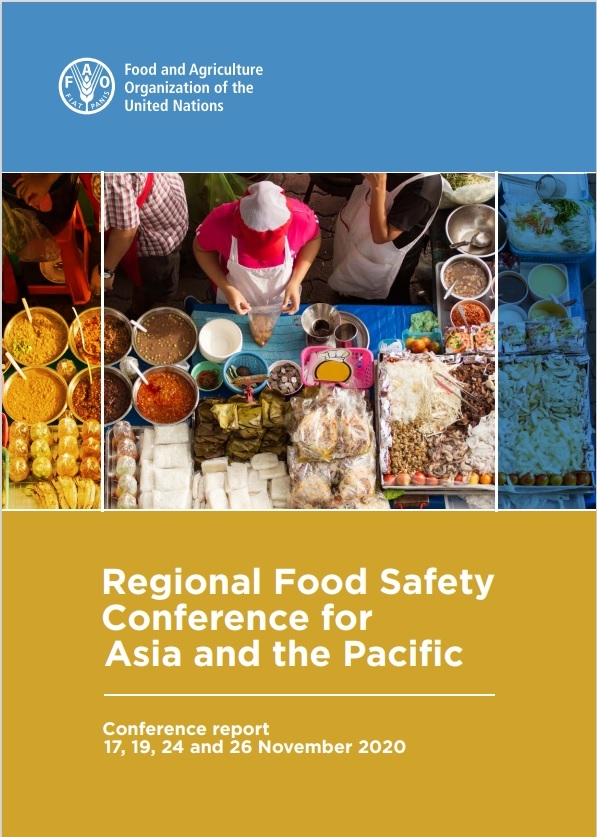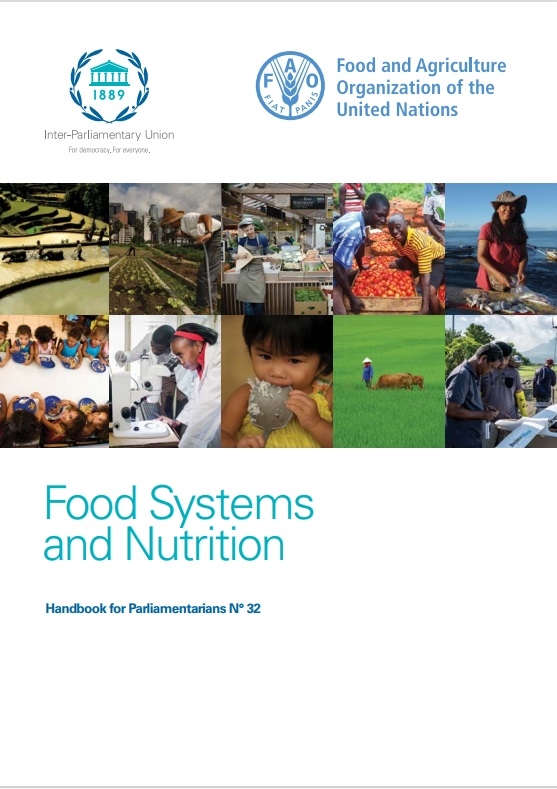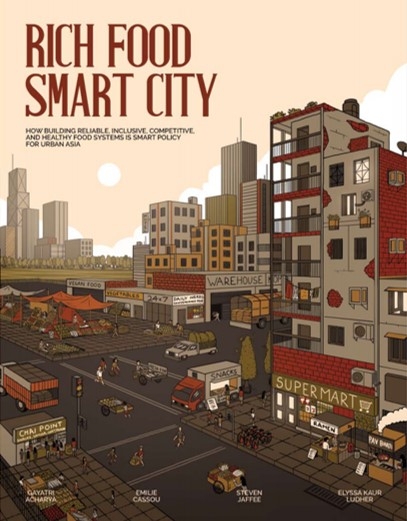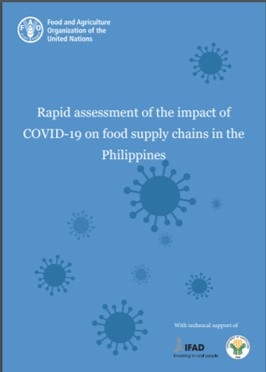This report presents: (1) an update on the food security and nutrition situation since the 2014–2015 Strategic Review, mostly referring to data from 2013 to the most recent available and covering the three dimensions of food security (availability, access and utilization), the trend in nutritional status, the effects of disasters and climate change on food security and nutrition, and new challenges in nutrition; (2) an analysis of the latest development in policies and programmes that are aiming at improving the food security and nutritional status, both at national and sub-national levels; (3) the potential impact of the COVID-19 pandemic on food security and nutrition (through July 2020); and (4) conclusions and recommendations on measures to improve food security and nutrition in the country.
Despite the steady economic growth that Indonesia recorded during the pre-COVID-19 pandemic period, the country still faces some critical problems in food security and nutrition. Even though access to food increased and undernutrition continued to decrease over the last few years, the nutritional status of Indonesians is still low by international standards. Simultaneously, the country is witnessing increasing rates of overweight and obesity as well as assumed micronutrient deficiencies. Indonesia is thus facing a triple burden of malnutrition in which undernutrition co-exists with overnutrition and micronutrient deficiencies. In addition, while still struggling to address long-standing food security and nutrition challenges, Indonesia is currently facing an unprecedented crisis triggered by the COVID-19 pandemic. Thus, new and enhanced strategies are needed for the country to achieve the 2030 Agenda, especially Sustainable Development Goal 2 (SDG 2), which states that by 2030 the country will end hunger, achieve food security and improved nutrition and promote sustainable agriculture.
